- Some innovative companies, including Titan Freight Systems, Schneider National Inc., and PepsiCo, are including heavy-duty electric trucks in their fleets.
- Heavy-duty trucking is responsible for 72.6% of the nation’s freight measured by weight in the U.S.
- The global commercial electric freight truck market is growing fast, at a compound annual growth rate (CAGR) of 34% from 2022 to 2030.
According to the American Trucking Associations, trucking is responsible for roughly 72.6% of the nation’s freight by weight. Heavy-duty trucks occupy truck class 7 (26,001–33,000 lbs) and class 8 (33,001–80,000 lbs and over). They are known as big rigs, semi trucks, 18-wheelers, tractor-trailers, and other names.
ADVERTISEMENT
Global Electric Commercial Truck Market Growing Fast
Analytics company Markets and Markets predicts the global market will reach 1,067,985 electric commercial trucks by 2030, at a compound annual growth rate (CAGR) of 34% from 2022 to 2030.
Over 17,500 Zero-Emission Trucks Were Deployed in the U.S.
According to CALSTART’s Zeroing in on Zero-Emission Trucks report, as of June 2023, over 17,500 zero-emission trucks (ZETs) have been deployed across the U.S. Electric cargo vans represent 80% of the ZETs. States adopting the Advanced Clean Trucks (ACT) regulation make up 38% of all ZET deployments despite making up only 25% of all truck registrations. Over 160 models of ZETS are now available. Heavy-duty electric freight trucks accounted for only .02% of ZETs, so significant increases in heavy-duty electrification are needed.
Heavy-duty Electric Freight Trucks
Tesla’s Semi and Daimler AG’s Freightliner eCascadia are examples of heavy-duty electric freight trucks. Nikola Motor offers battery-electric technology and fuel-cell, with its TRE BEV battery-electric vehicle (BEV) and its two fuel-cell-driven semi trucks, the TWO FCEV and the TRE FCEV. Volvo’s VNR Electric 6×4 straight truck is a popular choice.
Titan Freight Systems Rolled Out Heavy-duty Electric Freight Trucks for Deliveries Across the Northwest

Titan Freight Systems is an innovative company that integrated the use of heavy-duty electric freight trucks. The company has rolled out six all-electric trucks for deliveries across the Northwest in 2024. Three of the six trucks were heavy-duty electric freight trucks from Daimler, the Freightliner eM-2. The company expects to make 150,000 miles of zero-emission deliveries this year.
Titan spent about $1M to make the inroads into electric trucking. The expense of installing upgraded electric service and chargers was a large part of the investment. Portland General Electric, the utility for the Portland, Oregon-based trucking company, covered about half the cost through a lengthy service agreement. Keith Wilson, CEO of Titan Freight Systems, said that the company’s research found that the total cost of ownership of the three medium-duty trucks is 29% less than its diesel counterparts. “Putting pencil to paper really shows that it is a benefit to everybody, their staff, their bottom line, and to their communities,” said Wilson.
ADVERTISEMENT
Schneider Achieves One Million Zero Emission Miles With the Freightliner eCascadia
Leading American freight company Schneider National Inc., made headlines in November 2023. They are recognized as the first major freight carrier to deliver over one million zero-emissions miles using the Freightliner eCascadia battery-electric truck. Freightliner’s eCascadia is one of the leading heavy-duty electric freight trucks used for freight transportation in 2024.
PepsiCo’s Fleet Adds 21 Tesla Semis
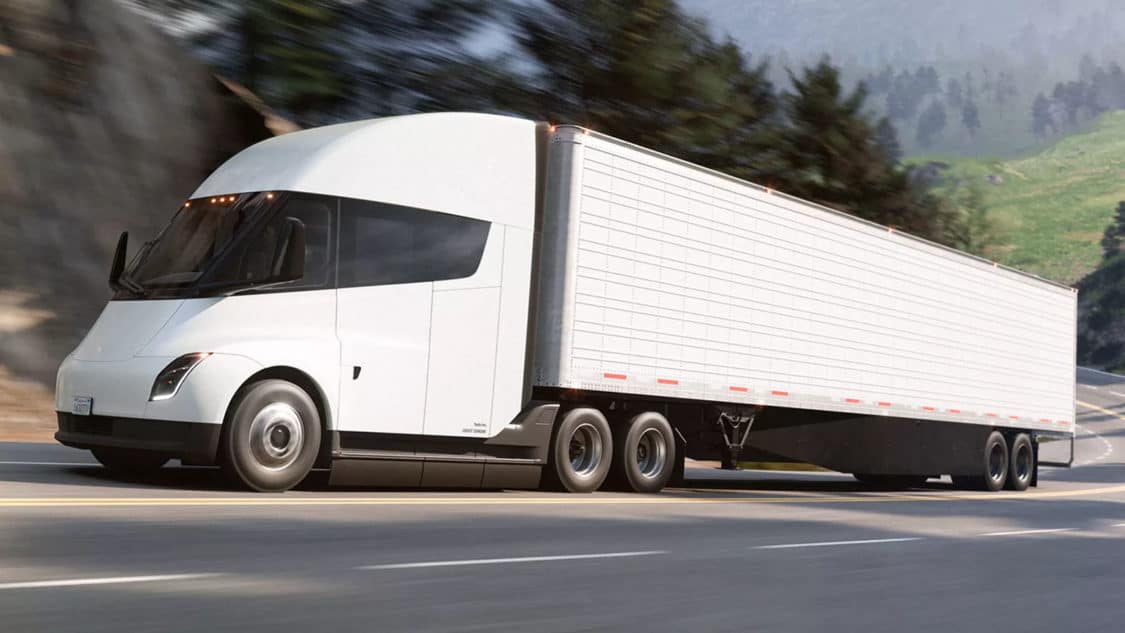
In August 2023, PepsiCo reported great success with adding 21 Tesla semi trucks to its fleet. The Tesla semis operate primarily in PepsiCo’s Sacramento, CA facility. The company said the Tesla heavy-duty electric freight trucks typically drive within 100 miles, operating for up to 12 hours a day. Three of the heavy-duty electric freight trucks have routes that vary between 250 to 450 miles. Tesla 750 kW Megachargers at Pepsico’s facilities enable charging truck batteries to 80% capacity in less than 45 minutes. PepsiCo noted that its Tesla semis have achieved an average efficiency of 1.7 kWh per mile.
Historic Resources for Heavy-duty Electric Freight Trucks Came From the Inflation Reduction Act and the Bipartisan Infrastructure Law
The Inflation Reduction Act invested $1 billion to replace existing gas-powered heavy-duty vehicles with clean, zero-emission vehicles. The funding also supports zero-emission heavy-duty vehicle charging infrastructure and programs to train and develop workers.
The Bipartisan Infrastructure Law allocated nearly $600 billion to surface transportation. $7.15 billion was made available to fund projects that contribute to the efficient movement of freight on the National Highway Freight Network. $2.25 billion was earmarked for projects to improve air quality at ports by reducing pollution and greenhouse gas emissions. The Reduction of Truck Emissions at Port Facilities (RTEPF) Grant Program provided $400 million in grants to study reducing truck emissions and idling at ports, including fleet electrification.
ADVERTISEMENT
Advanced Clean Trucks Act (ACT)
California adopted the Advanced Clean Trucks Act (ACT) to address harmful emissions from gas-powered trucks. Six other states have adopted the rule, including Maryland, New York, Massachusetts, New Jersey, Oregon, and Washington.
ACT requires OEMs selling medium- and heavy-duty vehicles to sell zero-emissions vehicles (ZEVs) or near-zero-emissions vehicles (NZEVs), such as plug-in electric hybrid vehicles as a growing percentage of their annual sales, increasing from 2024 to 2035. A cap-and-trade system is used, capping the number of fossil-fuel-burning vehicles sold by mandating annual sales percentage requirements. Manufacturers comply by generating compliance credits by selling ZEVs or NZEVs or trading compliance credits.
The Megawatt Charging System (MCS)
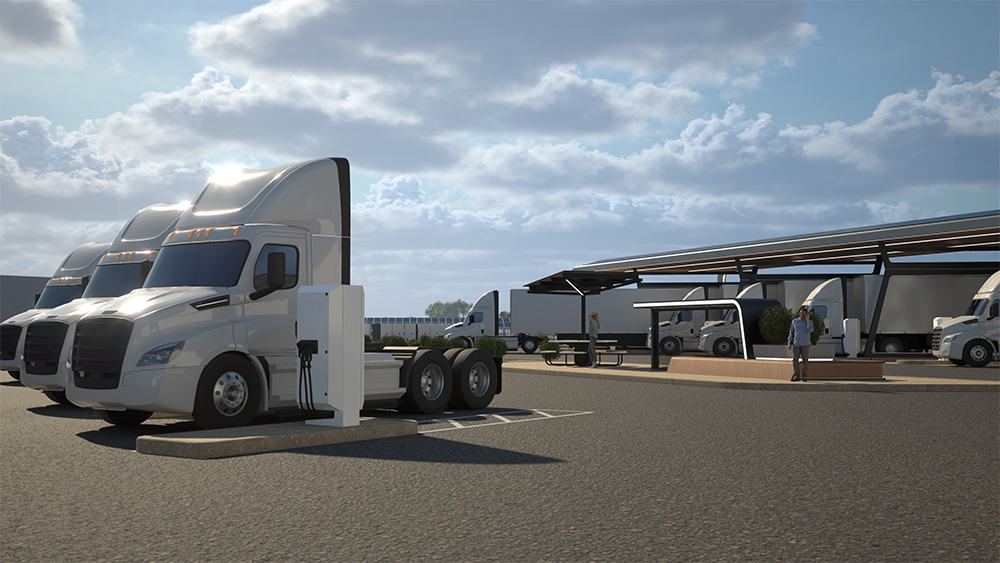
The Megawatt Charging System (MCS) is a new high-power charging standard for medium- and heavy-duty electric vehicles. It will facilitate charging capacity up to 3.75 megawatts, seven times higher than the current light-duty fast charging technology, which is at a maximum of 500 kilowatts. Charging Interface Initiative e.V. ( CharIN), a global non-profit, is working towards making MCS a worldwide standard.
Electric Trucking Has Numerous Benefits
Switching from diesel to electric makes good sense for trucking companies. Less reliance on diesel fuel makes companies less prone to disruption of business operations when supply chain issues arise from foreign oil imports and price hikes. Electricity is a cheaper fuel source than diesel gasoline.
ADVERTISEMENT
Environmental Benefits of Electric Freight Trucks
Heavy-duty trucks are responsible for around 70 percent of the emissions from medium- and heavy-duty vehicles and an even greater share of harmful air pollution.
Large corporations using heavy-duty trucking, such as FedEx and Amazon, have announced plans to go carbon-free. FedEx plans to achieve global carbon-neutral operations by 2040. Amazon plans to deliver 50% of its shipments with net-zero carbon by 2030.
In December 2022, the U.S. Environmental Protection Agency (EPA) finalized new national clean air standards for emissions from heavy-duty trucks beginning with model year 2027. The new Clean Trucks Plan standards are more than 80% stronger than current standards and are the first update to the standards in more than 20 years.
Heavy-duty electric freight trucks are an important part of the global move to transportation electrification, which reduces greenhouse gas (GHG) emissions. In 2021, the EPA reported that greenhouse gas emissions from transportation accounted for 28% of total U.S. greenhouse gas emissions. Reducing GHGs by integrating more heavy-duty electric freight trucks is an important step in fighting climate change and promoting a cleaner and healthier environment for future generations.
ADVERTISEMENT

FEATURE IMAGE: FREIGHTLINER
FTC: We use income-earning auto affiliate links. Learn more.










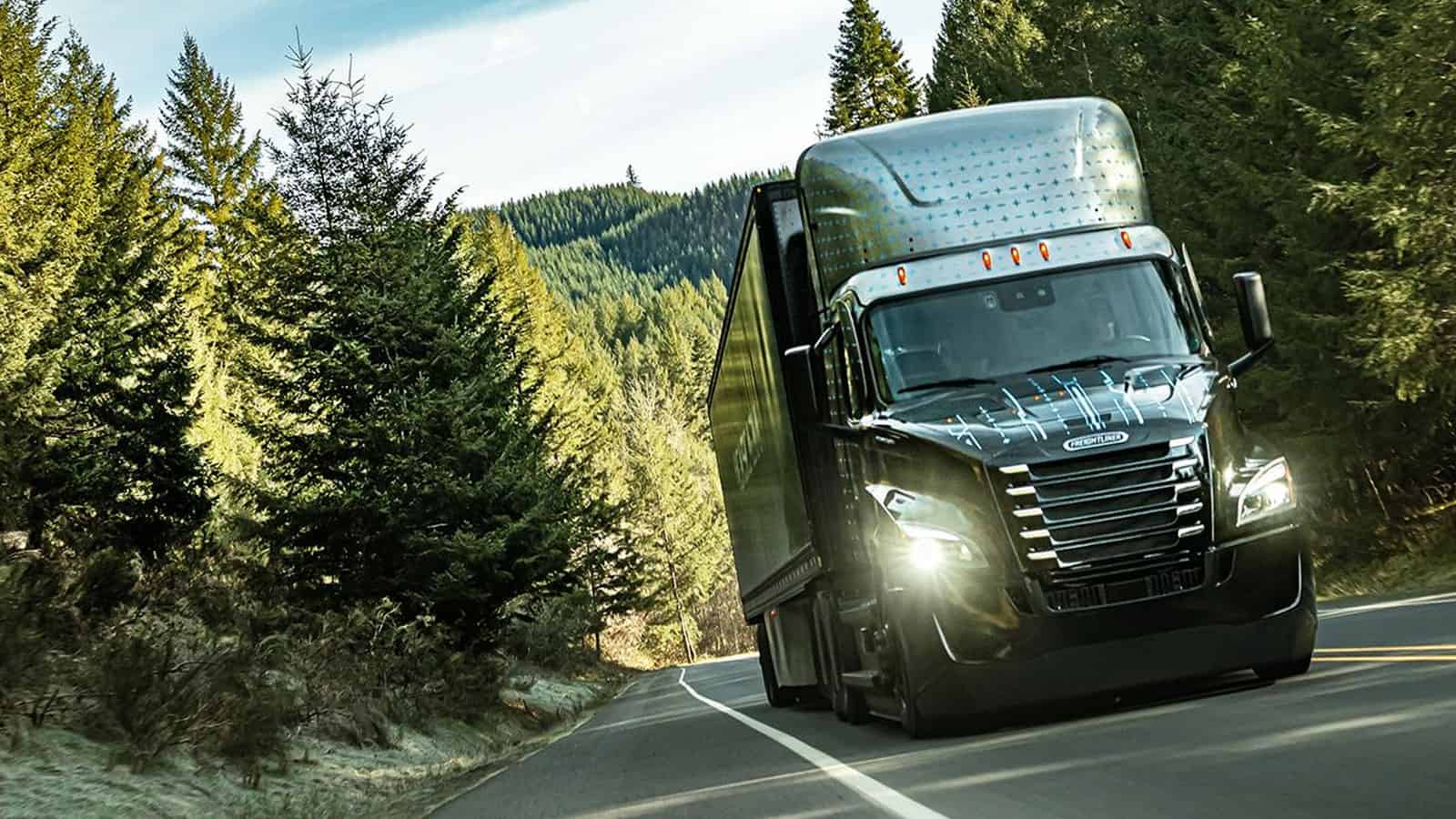

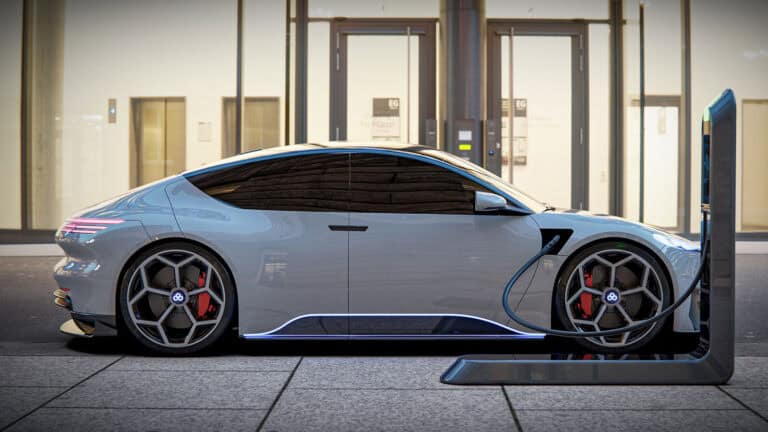
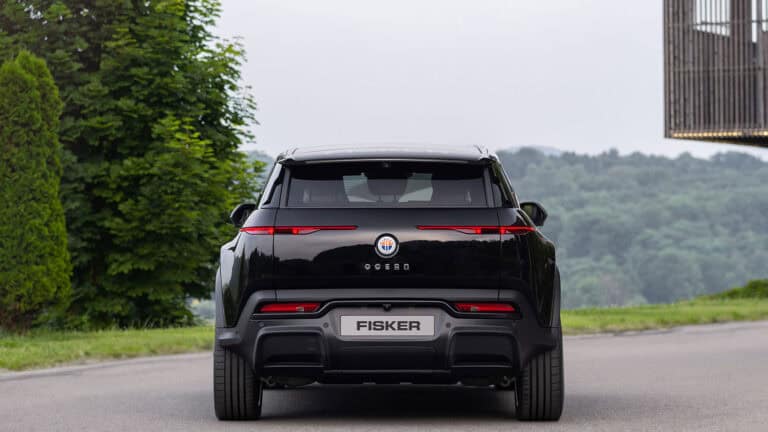











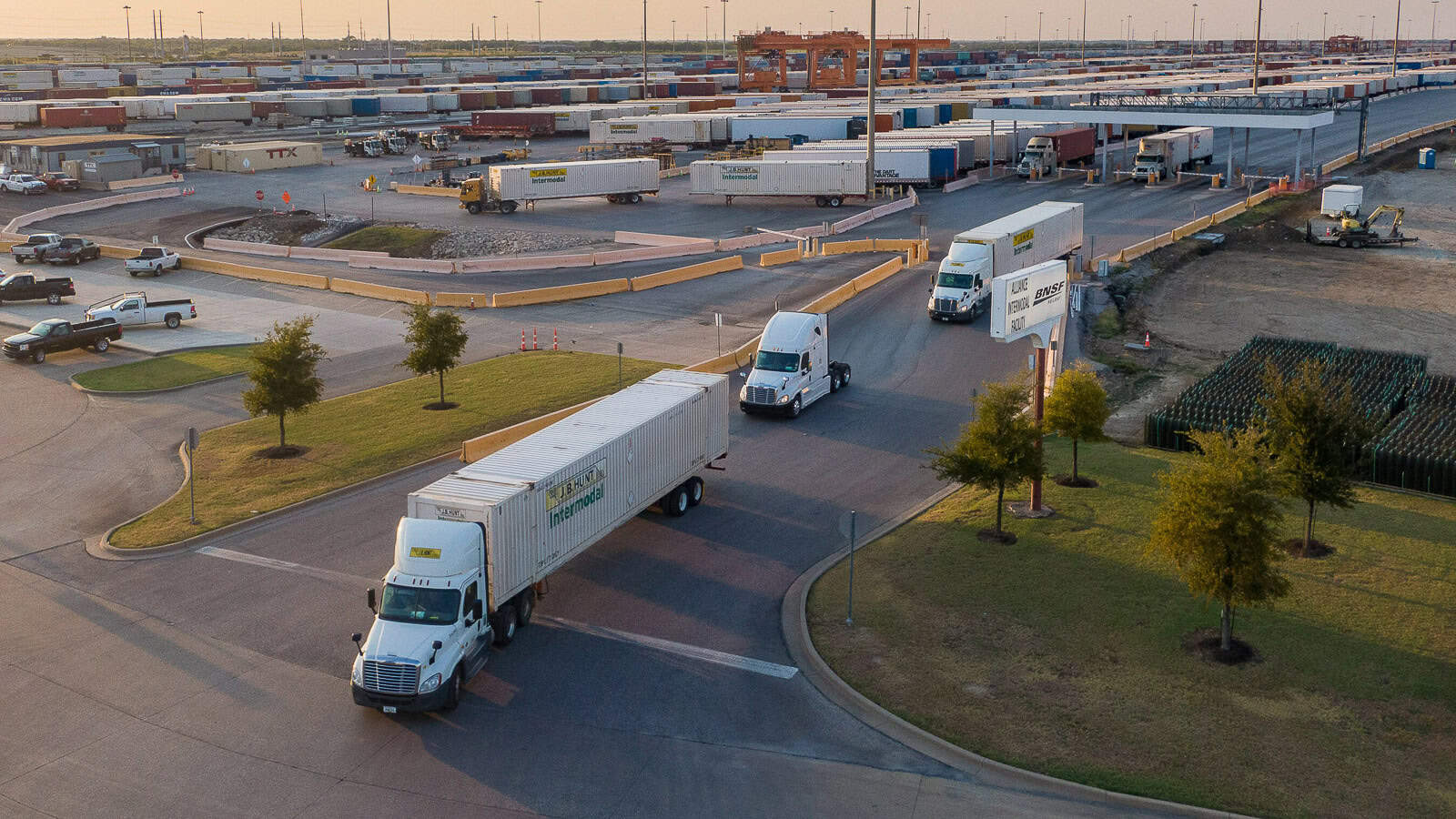
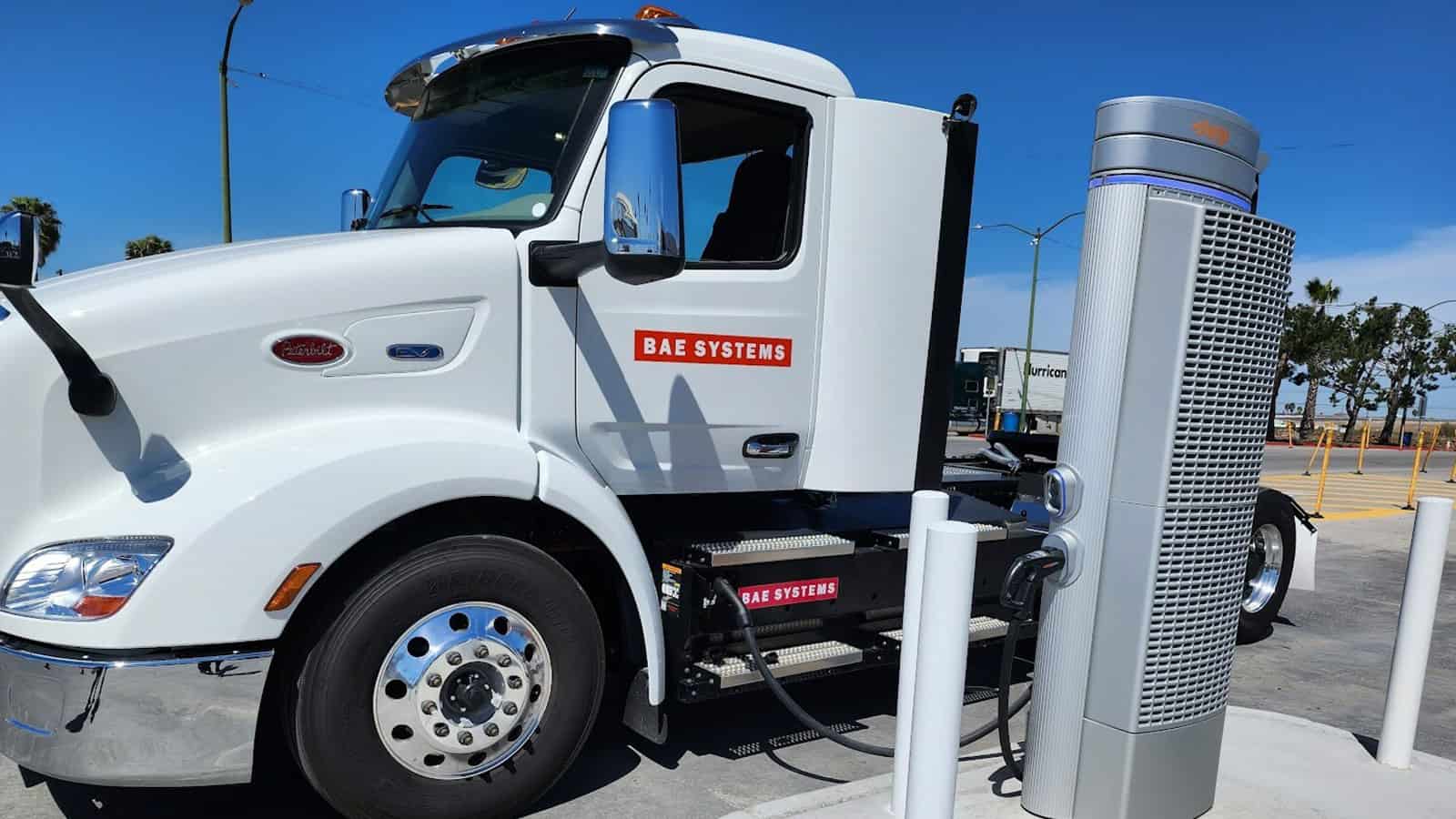
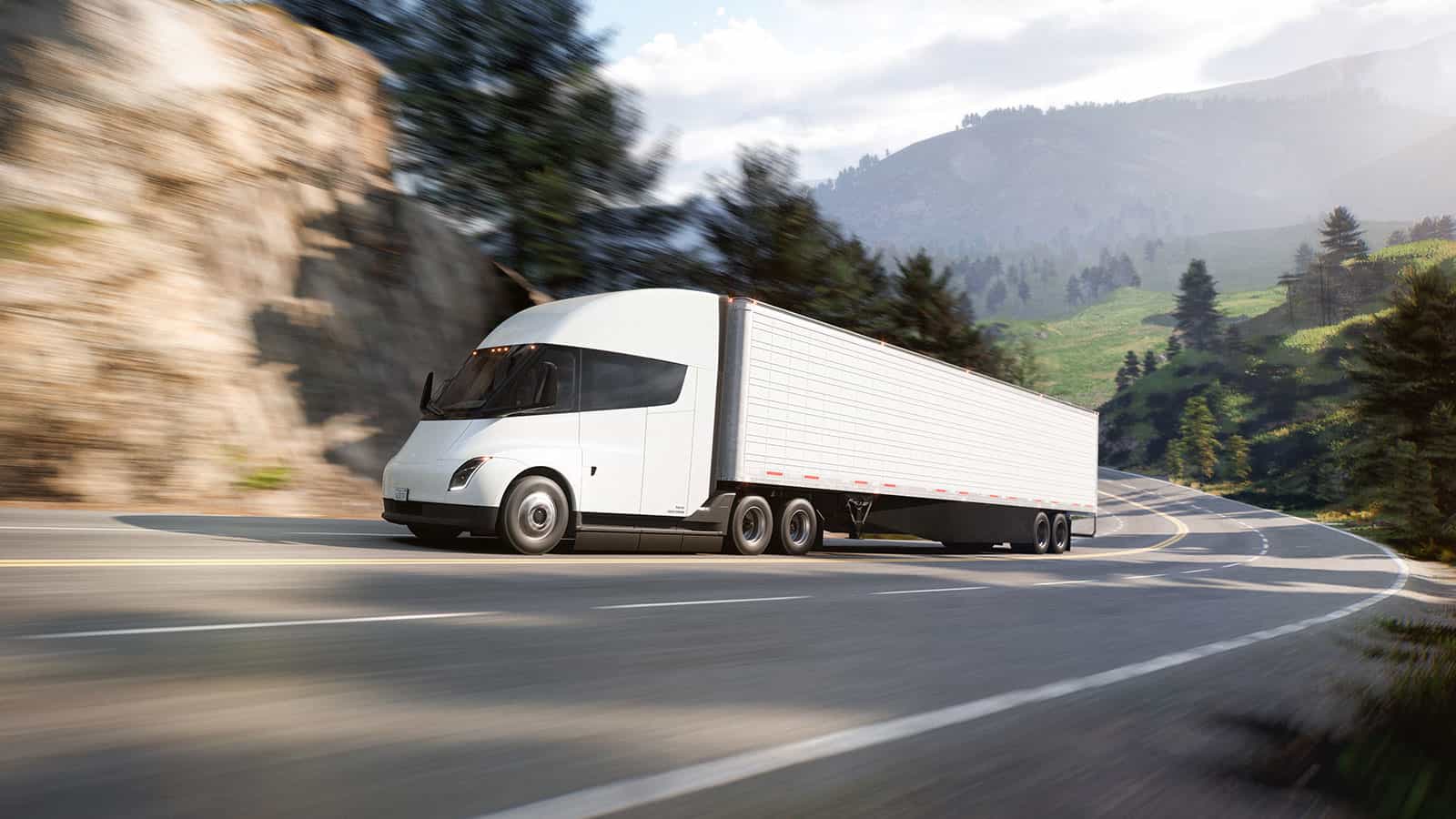
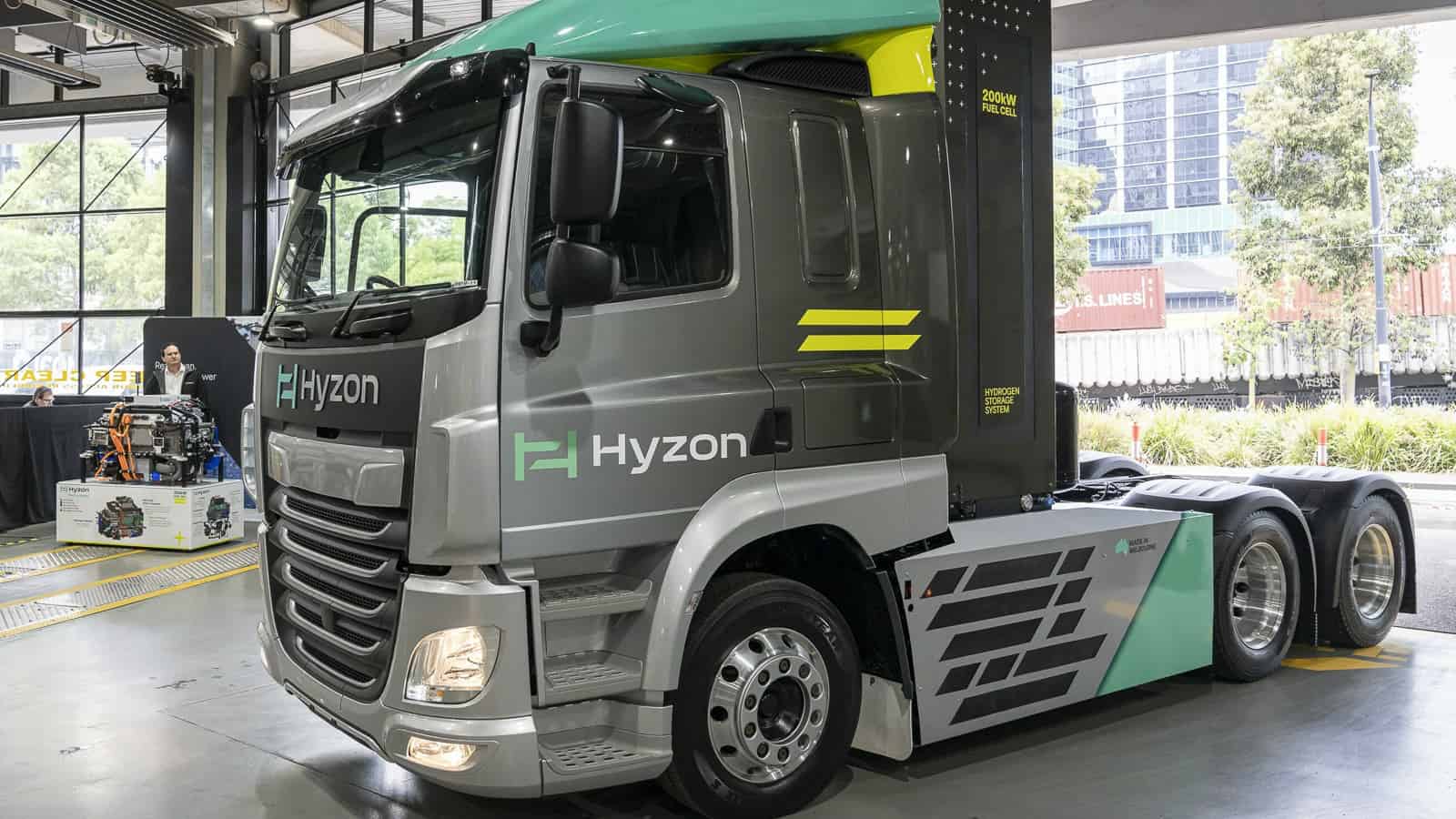
One Response